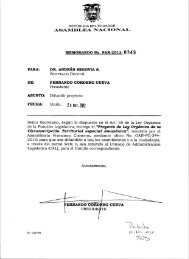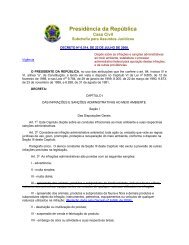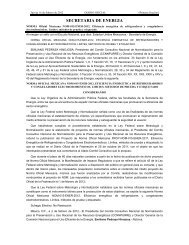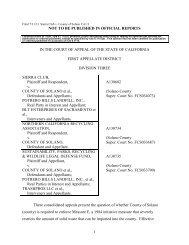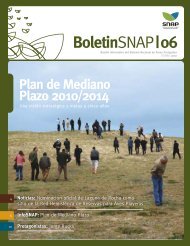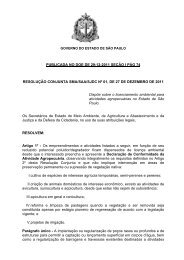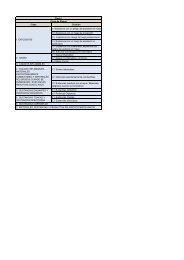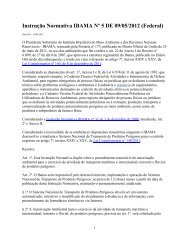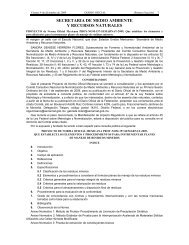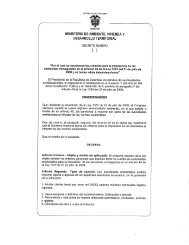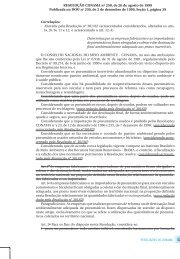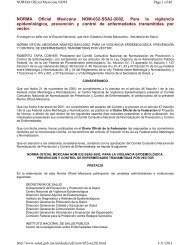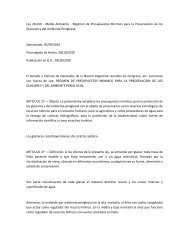OceAn science OceAn science OceAn science
OceAn science OceAn science OceAn science
OceAn science OceAn science OceAn science
You also want an ePaper? Increase the reach of your titles
YUMPU automatically turns print PDFs into web optimized ePapers that Google loves.
Ecosystem-based approaches emphasize interactions among components and the<br />
impacts that various human activities have on productivity and organization. Forecasting<br />
these impacts requires understanding complex dynamics controlling: (1) productivity of<br />
various trophic levels, (2) predator-prey interactions, (3) connectedness of sub-populations,<br />
(4) impacts of natural climate variation, and (5) anthropogenic pressures. Because<br />
classical controlled experimentation provides limited information on the complex dynamics<br />
of marine ecosystems, two types of analyses will be undertaken. The first approach will<br />
construct and apply various classes of energy-budget and dynamic models to managed<br />
marine ecosystems to enable greater understanding of the impacts of human activities by<br />
contrasting biomass changes according to trophic level. The second approach will compare<br />
systems where marine managed areas have been enacted to conserve species and ecosystems.<br />
Such comparisons will include before and after area designation contrasts where<br />
sufficient data are available, and inside versus outside comparisons for established managed<br />
ecosystems 36 . Mapping efforts will include ecosystem-scale characterization, design<br />
of interpretive products, and provision of tools to assimilate and disseminate geospatial<br />
information in support of research, observations, modeling, forecasting and management<br />
decision support.<br />
Candidate ecosystem types for inclusion in this study may include the sub-Arctic, continental<br />
shelves, coral reefs, and estuaries. Analyses of these ecosystems will focus on how<br />
feedbacks influence ecosystem productivity, biodiversity, and conservation of managed<br />
species through comparisons using consistent modeling frameworks. Evaluation of the<br />
effects of management efforts will involve assimilation and synthesis of existing biological<br />
information by trophic level, linkages to higher levels, and impacts on human-use patterns<br />
(e.g., displacement of human activities from marine protected areas and their socioeconomic<br />
effects). These efforts will help ensure that effective ecosystem-based management<br />
strategies are based on sound scientific understanding.<br />
55



